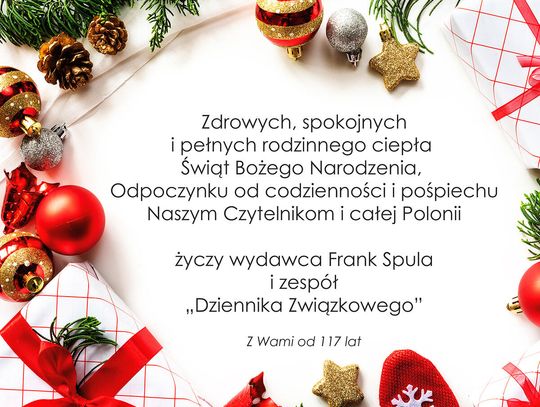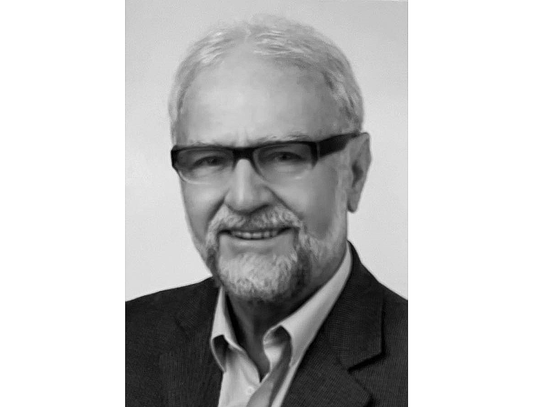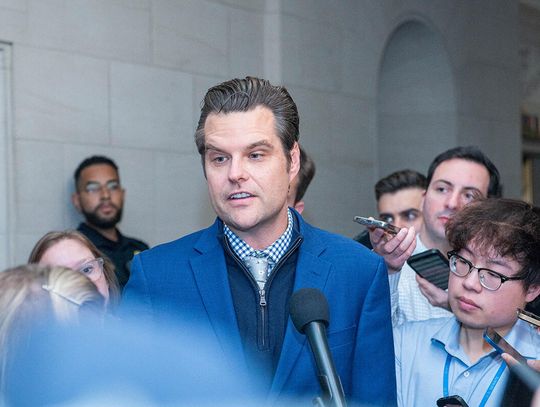Mój ojciec – Jan Guzlowski – urodził się pod Poznaniem w 1920 roku. Kiedy skończył 5 lat został sierotą i razem ze swoim starszym bratem Romanem zamieszkali u ciotki i wujka w małym gospodarstwie pod Poznaniem.
Przed wojną mój ojciec wyobrażał sobie, że na zawsze pozostanie w małym gospodarstwie wujka, doglądając świń i dwóch krów, żyjąc zgodnie z mijającymi porami roku, jak zawsze żyli rolnicy. Na wiosnę pomógłby siać zboża, sadzić ziemniaki i kapustę oraz opiekowałby ssię nowo narodzonymi świnkami i cielakami. Jesienią pomagałby w zbiorach plonów oraz w uboju zwierząt, aby zapewnić żywność na zimę. Jakieś niewielkie pieniądze, które zarobiliby, przeznaczyliby na zakup ubrań lub narzędzi potrzebnych do pracy na farmie.
Wyobrażał sobie, że będzie zawsze żył zgodnie z porami roku i świętami, które nadchodziły tak regularnie, jak bicie dzwonów w małym kościółku w miasteczku nieopodal. Wkładał wtedy niebieski garnitur, który dostał od wujka na 16 urodziny, mył się i szedł do kościoła. Był dobrym katolickim chłopcem i lubił chodzić do kościoła w Wielką Sobotę, gdy ksiądz święcił jajka, masło, sól i chleb. Mój tata lubił chodzić do kościoła bardzo rano w Niedzielę Wielkanocną. Wyjeżdżał wozem z gospodarstwa jeszcze przed wschodem słońca i jechał do kościoła, gdzie dziewczynki stały już ubrane w swoje białe sukienki i trzymały lilie, podczas gdy chłopcy wydawali się poważni i niezgrabni w garniturach po starszych braciach.
I było nabożeństwo majowe, na którym powierzali siebie Maryi Matce Bożej, a później podczas zesłania Ducha Świętego wyobrażał sobie języki ognia nad głowami apostołów, i Boże Narodzenie z tajemniczą mszą o północy, która zaczynała się w ciemnościach i kończyła o świcie, i święto Trzech Króli i wiele więcej. Mój ojciec wyobrażał sobie, że takie będzie jego życie już zawsze.
I nagle cały świat się skończył, kiedy wybuchła druga wojna światowa i Niemcy najechały Polskę we wrześniu 1939 roku. Cały świat wywrócił się do góry nogami.
W 1940 roku mój ojciec miał 20 lat i został schwytany podczas łapanki. To była sobota. Poszedł do miasteczka kupić trochę sznurka. Naziści otoczyli miasteczko i zabrali jego oraz innych mężczyzn do Niemiec. Został tam 11 następnych lat. Pięć lat spędził jako niewolnik pracując w fabrykach i w gospodarstwach obozu koncentracyjnego w Buchenwaldzie. Po przyjściu wojsk amerykańskich i zakończeniu wojny spędził 6 lat jako wysiedleniec – dipis, DP (ang. displaced person) i uchodźca. W 1951 roku pozwolono mu przyjechać do Ameryki.
Nigdy więcej nie zobaczył swojej ciotki, wujka ani ich dzieci.
My Father and the War
My father Jan Guzlowski was born outside of Poznan in Poland in 1920. By the time he was 5 years old he was an orphan, and he and his older brother Roman went to live with his aunt and his uncle on a small farm, outside a village north of Poznan.
Before the war, my father imagined that he would always stay on his uncle’s small farm. He would take care of the pigs and the two cows. He would live according to the seasons as farmers had always lived. In spring, he would help plant the crops, the potatoes and cabbages, and take care of the newborn pigs and calves. In the fall, he would help harvest the crops or slaughter one of the animals so they would have food in the winter. What little money they made, they used for buying clothes or maybe tools for the work on the farm.
He imagined too that he would always live according to the seasons and the holy days that came regularly like the ringing of church bells from the small church in the village nearby. He would put on the blue suit his uncle gave him when he turned 16 and wash and go to church.
A good Catholic boy, he loved going to the church on Holy Saturday to have the eggs and butter, the salt and bread blessed by the priest. My father loved going early to church on Easter Sunday, leaving the farm in the wagon even before the sun was a pink silence over the east, and coming to the church where the little girls stood in their white dresses holding the lilies while the boys seemed serious and awkward in their older brothers’ suits.
And there was May Day when they pledged themselves to Mary, the mother of Jesus, and then Pentecost when he imagined the tongues burning above the heads of the apostles, and Christmas with its mysterious midnight mass that began in darkness and ended in light, and the feast of the three kings and more. My father imagined that this would always be the life he lived.
And then all that world ended when the Second World War started and the Germans invaded Poland in September 1939. The whole world was turned upside down.
In 1940 when my father was 20 he was captured during a round up. It was a Saturday, and he had walked to the village to buy some rope. The Nazi soldiers surrounded the village and took him and the other men to Germany. He stayed there for 11 years. He spent five years as a slave laborer, working in the factories and farms of the Buchenwald Concentration District. After the Americans came and the war ended, he spent 6 years as a Displaced Person, a DP, a country less refugee. In 1951, he was allowed to come to America.
He never saw his aunt or uncle or their children again.
John Guzlowski
amerykański pisarz i poeta polskiego pochodzenia. Publikował w wielu pismach literackich, zarówno w USA, jak i za granicą, m.in. w „Writer’s Almanac”, „Akcent”, „Ontario Review” i „North American Review”. Jego wiersze i eseje opisujące przeżycia jego rodziców – robotników przymusowych w nazistowskich Niemczech oraz uchodźców wojennych, którzy emigrowali do Chicago – ukazały się we wspomnieniowym tomie pt. „Echoes of Tattered Tongues”. W 2017 roku książka ta zdobyła nagrodę poetycką im. Benjamina Franklina oraz nagrodę literacką Erica Hoffera, za najbardziej prowokującą do myślenia książkę roku. Jest również autorem dwóch powieści kryminalnych o detektywie Hanku Purcellu oraz powieści wojennej pt. „Road of Bones”. John Guzlowski jest emerytowanym profesorem Eastern Illinois University.
―
John Guzlowski's writing has been featured in Garrison Keillor’s Writer’s Almanac, Akcent, Ontario Review, North American Review, and other journals here and abroad. His poems and personal essays about his Polish parents’ experiences as slave laborers in Nazi Germany and refugees in Chicago appear in his memoir Echoes of Tattered Tongues. Echoes received the 2017 Benjamin Franklin Poetry Award and the Eric Hoffer Foundation's Montaigne Award for most thought-provoking book of the year. He is also the author of two Hank Purcell mysteries and the war novel Road of Bones. Guzlowski is a Professor Emeritus at Eastern Illinois University.










